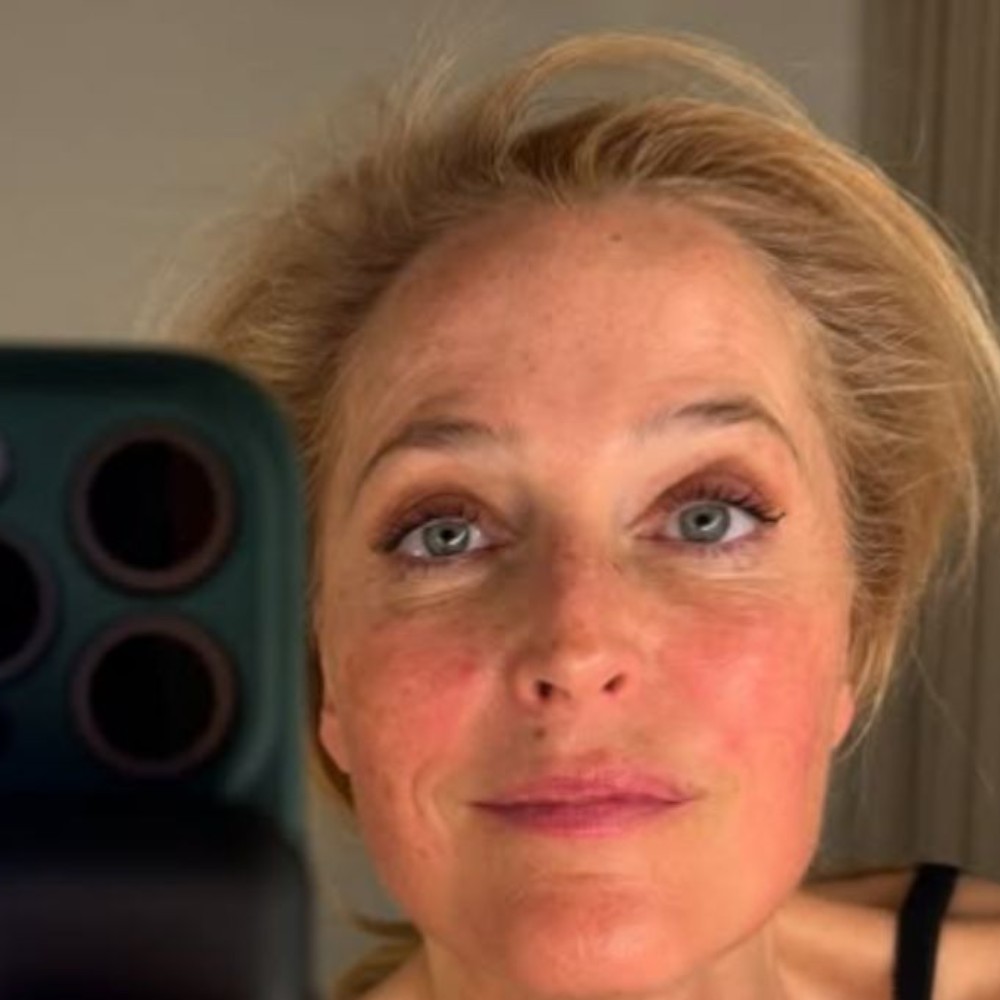Wendy Williams Pushes to End Guardianship, Says She Deserves Freedom: ‘I Am Not Cognitively Impaired’
Wendy Williams is ready to share her side as a jury prepares to decide her guardianship case. She calls the process a fight for freedom and challenges claims about her mental health.

Wendy Williams is looking forward to her guardianship case being decided by a jury. The former talk show host has been under guardianship for over a year, but she maintains that she is mentally competent and wants to regain control of her life.
In an exclusive conversation with PEOPLE, Williams’ healthcare advocate, Ginalisa Monterroso, said that Williams was eager for her case to move forward. Monterroso stated that Williams had been wanting to share her side of the story and was looking forward to the opportunity. She added that the case would ultimately be decided by a jury.
Wendy Williams has been vocal about wanting to end her guardianship. She told Page Six on March 21, “I am fabulous. I’m better than good but have been accused [of] being otherwise.” She also said, “I am very much alive. I deserve freedom, darling.”
She appeared on Good Day New York, where she stated that she passed her mental competency test at the hospital with flying colors. She also said that her main goal was getting out of guardianship.
Williams has also shown frustration with the assisted living facility where she currently resides. She described the experience as suffocating and compared it to being in prison.
“I am not cognitively impaired, but I feel like I am in prison,” she said during a January interview on The Breakfast Club. “I’m in this place with people who are in their 90s and their 80s and their 70s. These people, there’s something wrong with these people here on this floor. I am clearly not.”
Williams' case will involve additional testing by an independent neurologist before the trial takes place. Monterroso stated that this evaluation is necessary as part of the legal process. The trial date has not yet been scheduled.
On March 10, Monterroso called 911 and reported concerns about Williams' situation. This led to police conducting a welfare check at her assisted living facility. Williams was then taken to a hospital for evaluation. Monterroso described this as a strategic move to gather more evidence, as she believes the case has been stalled.
She added that transporting Williams to the hospital provided an opportunity for an independent assessment of her mental state. According to Monterroso, Williams was alert and oriented during the evaluation, which they found satisfactory.
In 2023, Williams was diagnosed with primary progressive aphasia and frontotemporal dementia (FTD). However, Monterroso raised doubts about the diagnosis, stating that alcohol-induced dementia has similar symptoms and is reversible.
Monterroso said that there are different stages of FTD, and it was unclear whether Williams actually had the condition, as she had consumed alcohol.
She stated that FTD and alcohol-induced dementia share similarities. Monterroso added that FTD is a progressive disease, and if Williams had been diagnosed in 2023, there would have been noticeable signs of decline by now.
Monterroso believes more testing is needed to determine whether Williams has FTD or if her condition has improved after stopping alcohol use.
Monterroso hopes that the jury trial would shed light on Williams' situation and ensure she was treated fairly. She stated the seriousness of the matter, saying that keeping someone isolated was a crime.





 JOIN OUR WHATSAPP CHANNEL
JOIN OUR WHATSAPP CHANNEL





































